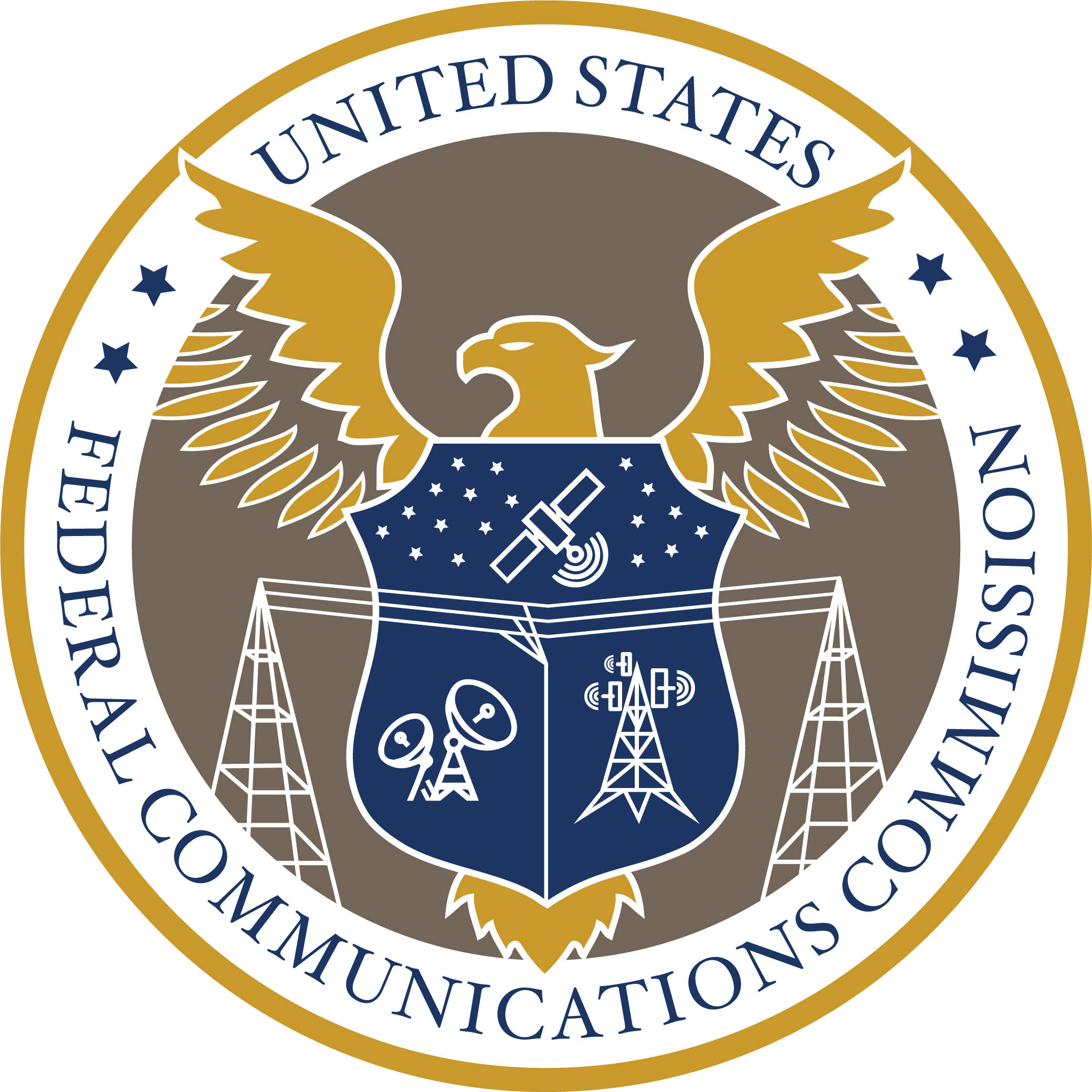
CFPB Sues ACTIVE Network for Illegally Charging Junk Membership Fees
On Tuesday, the Consumer Financial Protection Bureau sued ACTIVE Network, an online event registration company. ACTIVE allegedly tricked people trying to sign up for fundraising events into signing up for their annual subscription discount club, Active Advantage. According to the CFPB, ACTIVE Network generated more than $300 million in “junk membership fees” by using digital dark patterns and other online tricks and traps.
“The CFPB is suing ACTIVE Network for illegally charging hundreds of millions of dollars in enrollment fees through its use of digital dark patterns and online trickery,” said CFPB Director Rohit Chopra in an October 18, 2022 news release. “People who thought they were just signing up to run in a charity race found out too late that the company was running away with their money.”
According to the CFPB, many people were trying to sign up for a community race or fundraising event, but were enrolled into a costly membership club. The CFPB has chosen to sue ACTIVE Network to stop them from this illegal business practice, reimburse consumers for membership fees, and charge a penalty to act as a deterrent to prevent future actions. The CFPB is suing ACTIVE Network in the U.S. District Court of the Eastern District of Texas.
Use of dark patterns
The CFPB said that, over the last decade, ACTIVE has increased enrollments in the Active Advantage discount club by using dark patterns which are tricks and traps that companies use to get consumers to unknowingly sign up for subscriptions or purchase additional products and services. In addition, Active Advantage uses a 30-day negative option trial membership which automatically charges the membership fees unless the subscriber takes action to cancel the membership.
“The CFPB alleges that ACTIVE violated the Consumer Financial Protection Act by enrolling consumers in and charging them for discount club memberships without their knowledge, consent, or a full understanding of the material terms of the transaction,” the CFPB said. “ACTIVE had multiple opportunities to stop its illegal practices given high rates of credit card chargebacks, numerous customer complaints, and ACTIVE’s own data revealing that a significant number of consumers had been misled into Active Advantage enrollments. Nevertheless, ACTIVE continued to trick consumers with dark patterns and surprise charges.”
There are two specific allegations that the CFPB says hurt consumers by:
- Misleading consumers into signing up for the discount club membership while consumers were actually trying to sign up for an event online. When consumers select the “Accept” button, they think their debit or credit cards are being charged for the event registration. Instead, Active is enrolling customers in their membership program with a 30-day free trial. Unless the subscriber specifically takes action to cancel the membership before the end of the free trial, they are charged $89.95. a year.
- Failing to notify Active Advantage members of price increases. The company failed to send written notices of new payment amounts and the date of the new payment at least 10 days in advance before charging members the new rate. This is a violation of the Electronic Fund Transfer Act.
Since July 2011, the CFPB believes ACTIVE has generated more than $300 million in “junk membership fees” from approximately 3 million Active Advantage memberships. The CFPB also alleges the chargeback rate for consumers objecting to fees for the discount club “was exceedingly high.” In addition to the CFPB’s action, the states of Iowa and Vermont have sanctioned ACTIVE for violating state consumer financial protection laws.

Insider Take
This is only the first step in the process to hold a company accused of wrongdoing accountable for dark patterns. In recent years, dark patterns have been used more widely, and regulators and consumer protective advocates and agencies have stepped in to fight on behalf consumers who were wronged. ACTIVE Network will have an opportunity to respond to the complaint, and there is likely to be a discovery and mediation period. Many of these types of cases end up in a monetary settlement, and a promise by the offending company to improve processes to ensure dark patterns are not utilized going forward. Such companies often walk away without admitting any wrongdoing.
- Filed in Memberships, News, Regulation and Compliance





